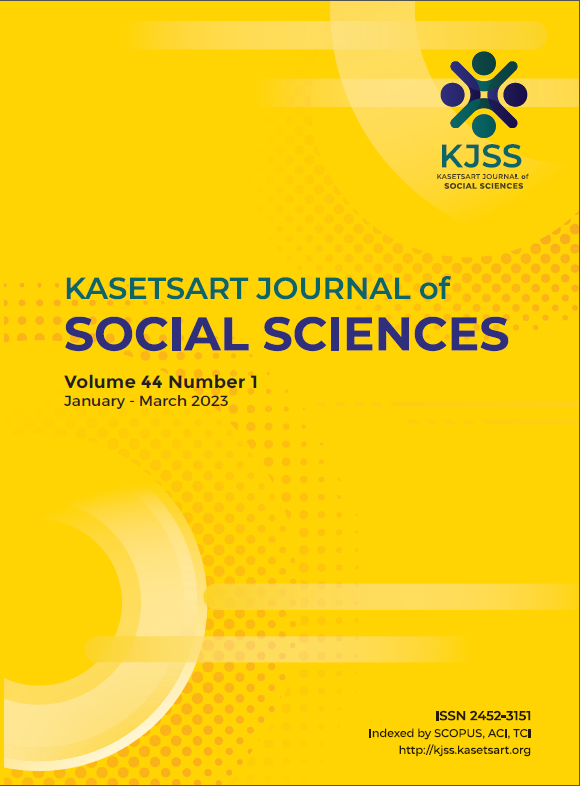The legal institutional model of community-based waste management to reinforce multi-stakeholder collaboration in Indonesia
Keywords:
community participation, legal institutional model, multi-stakeholder collaboration, waste managementAbstract
Community participation is a strategic environmental law issue. The policy and legal basis for community participation in waste management in Indonesia are regulated in Law No. 18/2008 on Waste Management and Law No. 32/2009 on Environmental Protection and Management. Moreover, the President Decision No. 97/2012 regulated the National Policy and Strategy for the Management of Household Waste and Household-like Waste. However, the problem of household waste remains unsolved. Handling waste responsibility completely given to the community is not a simple policy, especially when associated with a low public awareness level of environmental sanitation. In addition, inadequate research has focused on legal institutions related to the implementation of community-based household waste management. Banyumas Regency has recently established a pattern of community-based waste management. The problem is related to the community’s potentials and challenges in managing the household waste in Kutasari Village and appropriate form of legal institution to accommodate the community in managing the household waste. The results showed that the commitment of Kutasari Village Government in handling waste was reflected in the Environmental Sanitation Working Program by planning the construction of waste recycling bin and waste sorting warehouses, developing integrated waste management, constructing compost production houses, and forming teams/ workers/volunteers to handle the village waste management. This research resulted in two conclusions. The first emphasized the legal status of waste management agency, while the second reinforced the cooperation between waste management elements in the village.
Downloads
Published
How to Cite
Issue
Section
License

This work is licensed under a Creative Commons Attribution-NonCommercial-NoDerivatives 4.0 International License.
This is an open access article under the CC BY-NC-ND license http://creativecommons.org/licenses/by-nc-nd/4.0/










